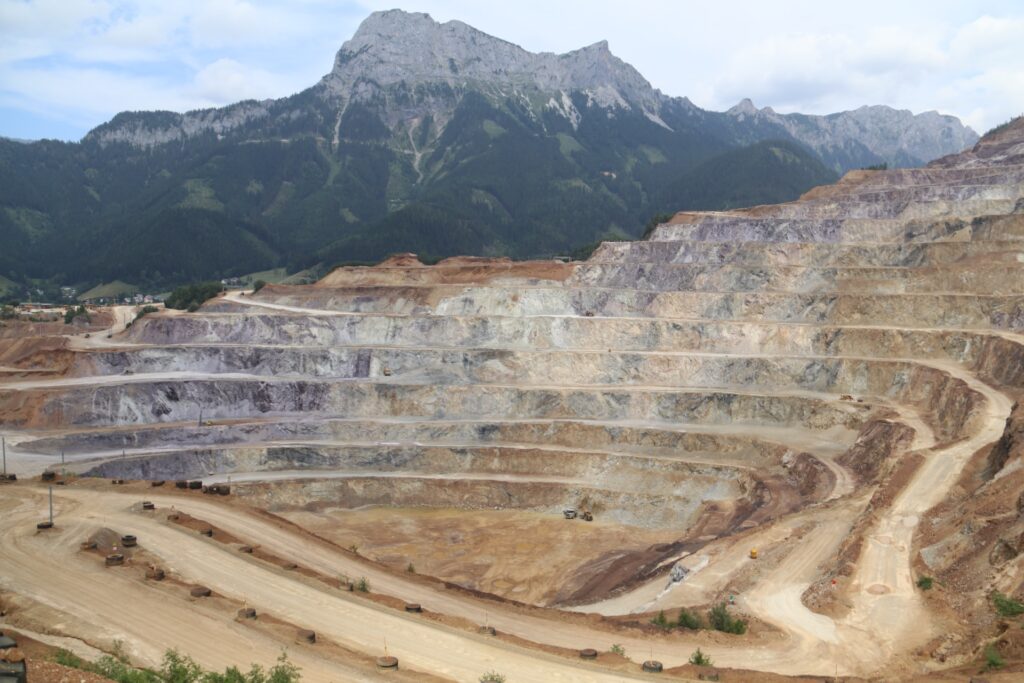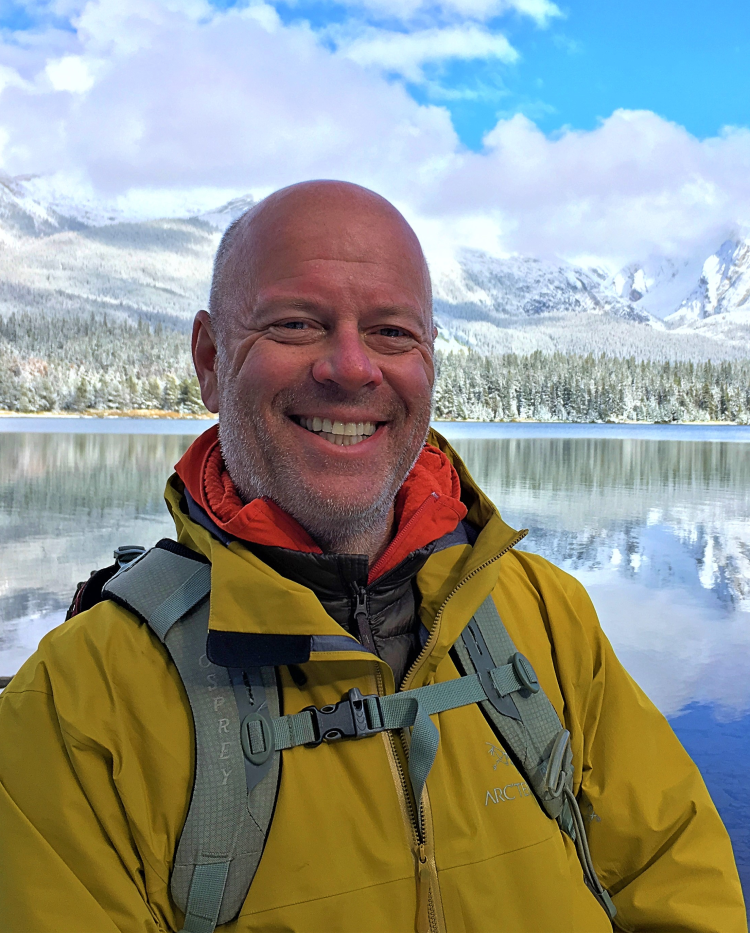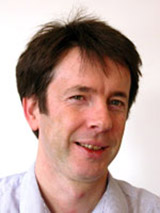Earth resources
The goal of meeting net zero in the UK will mean, in practice, that almost all energy systems will need to move to be zero carbon, free from fossil fuels. While significant progress is being made zero carbon electricity production, there are substantial challenges in the shift to alternatives to fossil fuels for domestic heating, heavy surface transport, aviation, shipping, and process heat – as well as for chemical industries.
A common theme for the majority of clean technologies, the use of materials with specific functional properties provides a fresh focus on resilience for supply of raw materials. Researchers across the University of Oxford apply interdisciplinary approaches to address inter-linked social and environmental challenges, as well as undertaking fundamental research, to support the development of new solutions which will help to reduce reliance on critical minerals.
Demand for minerals for low carbon technologies include applications in batteries, magnets for motors and generators, phosphors for LED lights, catalysts for electrolysers and fuel cells, and ores for wires and cables. The research in the departments of physics, materials, chemistry and engineering science are delivering breakthrough science in the fields as diverse as solar power, batteries, and hydrogen production. These research activities can be explored through the related theme on these pages.
Research in Oxford

Across economics, law and politics, the Blavatnik School of Government researchers examine the role of governance and public policy in extractive industries. Paul Collier is Professor of Economics and Public Policy at the School and is a Director of the International Growth Centre. Ngaire Woods is the inaugural Dean of the Blavatnik School of Government and founded the Global Economic Governance Programme. The school offers a seminar series on “Managing oil, gas and mining governance in exceptional times”. It also runs an intensive course on oil, gas and mining governance for senior policymakers and industry leaders, in partnership with the Natural Resource Governance Institute (NRGI). Thomas Hale considers how we can ensure fairness in effective solutions for transnational environmental and economic issues – through the Oxford Martin Programme on Post-Carbon Transition. Ricardo Soares De Oliveira co-directs the Oxford Martin School Programme on African Governance, which considers how the volatility in commodity prices being handled, politically, socially and economically.
Mark Hirons investigates issues of well-being, inequality and justice with respect to climate change and natural resource governance in the Environmental Change Institute, and Amanda Power brings a historical perspective to resource use.
In Earth Sciences, the Earth Resources group, Tamsin Mather has research interests in volcanic behaviour and connection with geothermal power and the development of ore deposits. Colleague Chris Ballentine is involved in a joint research initiative, investigating natural generation of hydrogen, its migration and how it accumulates. Mike Kendall’s research covers pure and applied seismology, with connections to mineral physics, geodynamics and engineering, including storage of radioactive waste.
Catherine Redgwell’s research interests fall broadly within the public international field, including international energy law and international environmental law, including treatment of subsurface resources, and regulation of CCS. She is Director of the Oxford Geoengineering programme, which is investigating social, ethical and technical aspects. The partnership includes engineers, natural scientists and experts in governance to focus equally on robust science and thoroughly considered ethics. A core component of activity includes engagement with policymakers, opinion formers and environmental NGOs. Visiting academics include Martin Millwood Hargreave, who is helping to establish greater guidance for geostorage of carbon and hydrogen and Alex David Rogers, who explores ocean stresses, including marine mining.
Jon Blundy is using a Royal Society Research Professorship, From Volcanoes to Green Mining, to investigate how we can use our evolving understanding of magmatic systems to develop new tools for mineral exploration and metal extraction.
Researchers consider:
- Reducing the dependence on critical elements
- Identification of new sources
- Developing circular approach to materials use
- Attending to justice and impacts – resource governance



